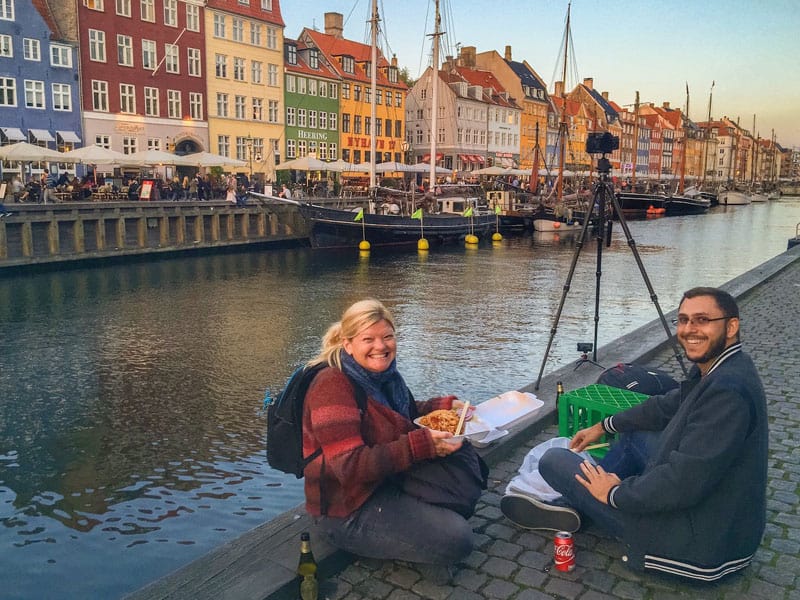Summary
Be Like Scandinavia
After our recent journey through Scandinavia, comprising Norway, Denmark, Sweden, and Finland, we discovered a society that appeared almost utopian. The experience was both eye-opening and inspiring, emerging with a deep appreciation for the cultural norms and practices that contribute to their high quality of life.
Interestingly, we found that the Scandinavian way of life is refreshing; people appeared to be happier, healthier, and engaged with their surroundings. This prompted a sense of curiosity—why were people running in parks or walking in the woods instead of staying glued to their screens? The answer lay in the robust and functional nature of their society.
What About Canada?
As Canadians, we hold pride in our strengths yet acknowledge the challenges we face. Our Prime Minister recently highlighted both our accomplishments and shortcomings on the international stage. While we embrace diversity and have welcomed refugees, issues such as a shrinking middle class and rising poverty necessitate improvement. Consequently, Canada could benefit from modeling after the progressive practices observed in Scandinavian countries.
Back to Scandinavia
Scandinavian nations consistently rank highly for standards of living. Norway, leading the pack, boasts low crime rates, low unemployment, and high education standards. Observations during our time there, complemented by Michael Moore’s documentary, illuminated how these countries have fostered a better quality of life for their citizens.
Safety in Scandinavia
Throughout our travels, Norway felt incredibly safe, reinforcing the idea of low crime rates. However, while navigating crowded tourist spots, we were reminded to be vigilant against petty thefts. As we distanced ourselves from busy areas, heresay of discomfort around personal safety dissipated as our overall experience remained positive.
Education
The vibrancy of students freely roaming the streets sparked thought about their education system. Observing their lack of homework and their limited school hours raised questions about the effectiveness of rigorous educational frameworks elsewhere. Evidently, Scandinavian countries prioritize fostering individual passions over rote learning, which has led to their standing as leaders in education worldwide.
Free Education
A remarkable aspect of Scandinavia is the free education accessible from primary through university levels. This approach has garnered global recognition, leading many to question why similar measures are not adopted elsewhere. A comparison with countries like Germany and Slovenia, which also provide free higher education opportunities, underscores the effectiveness of such initiatives.
Out of Scandinavia
Michael Moore’s exploration also took him to Germany, a nation that confronts its history head-on. In contrast, many societies, including Canada and the U.S., often fail to adequately address historical injustices. Promoting dialogues surrounding these challenges is essential for fostering a more equitable society.
In conclusion, learning from the Scandinavian model could facilitate essential changes toward greater social equity and development elsewhere. We must embrace opportunities to adapt positive practices from these countries to enhance our communities while remaining respectful of human dignity.




